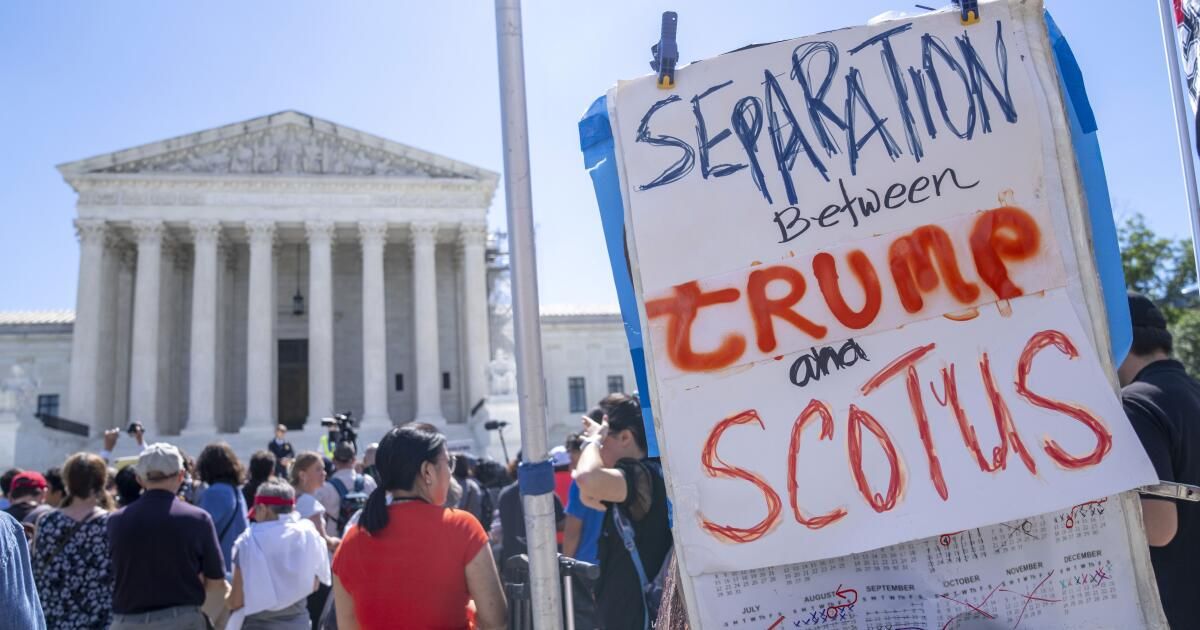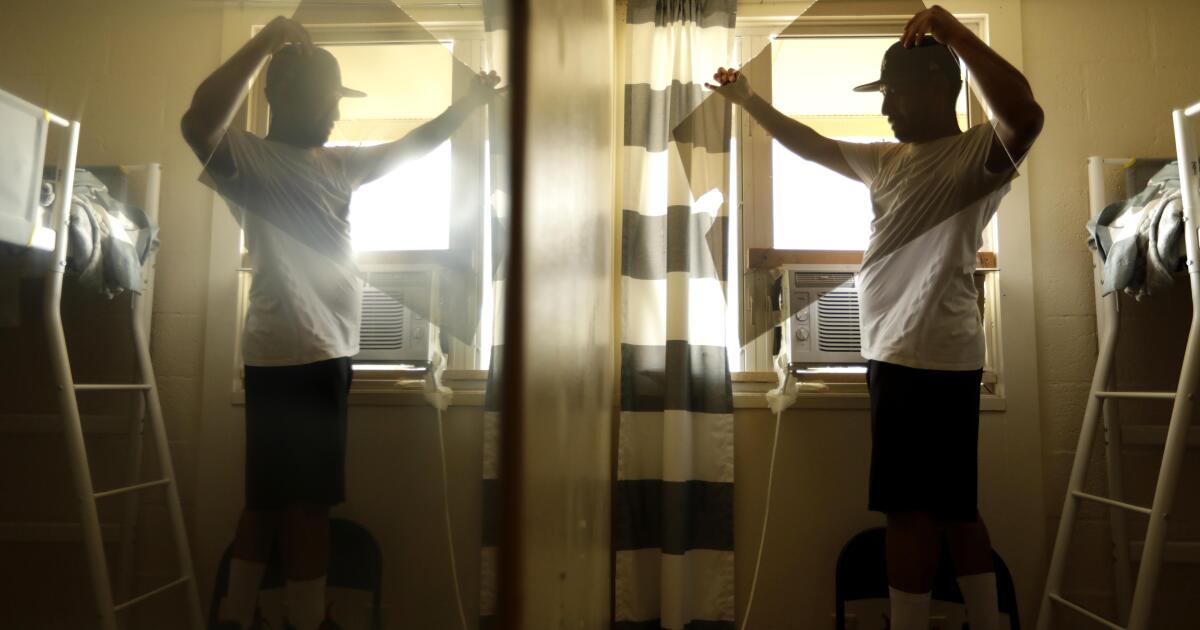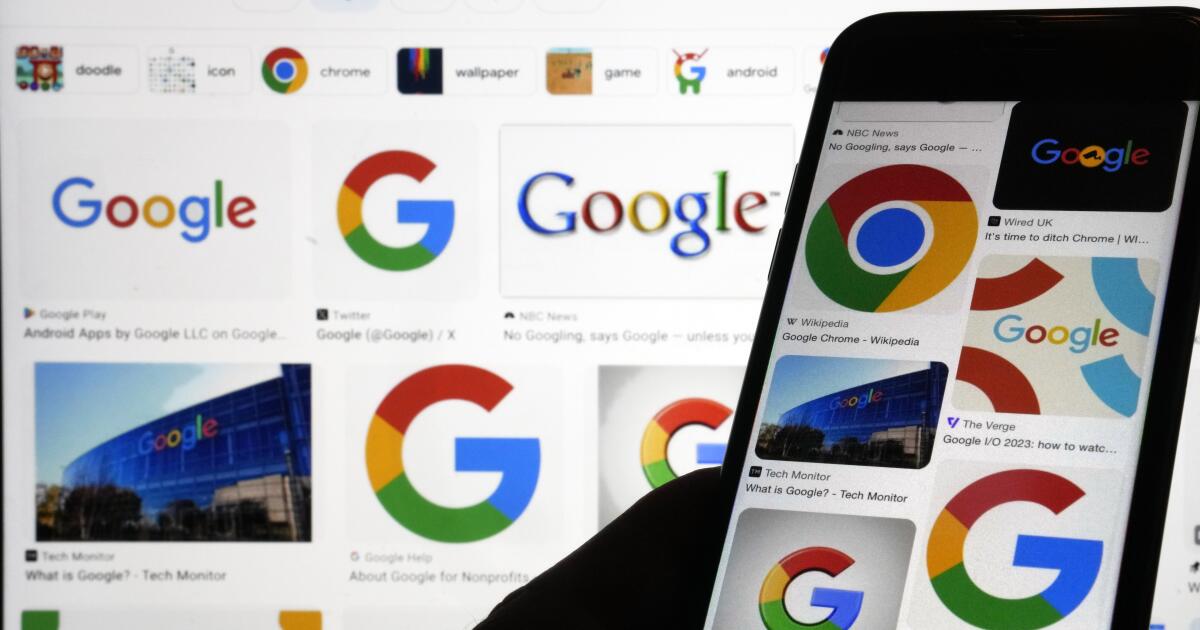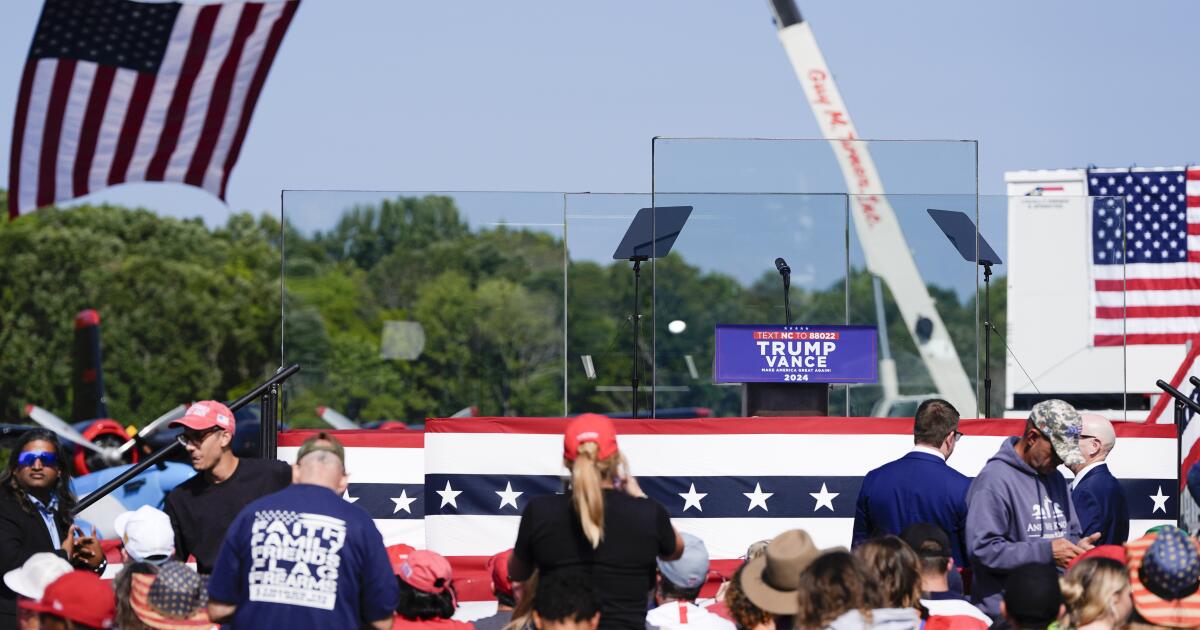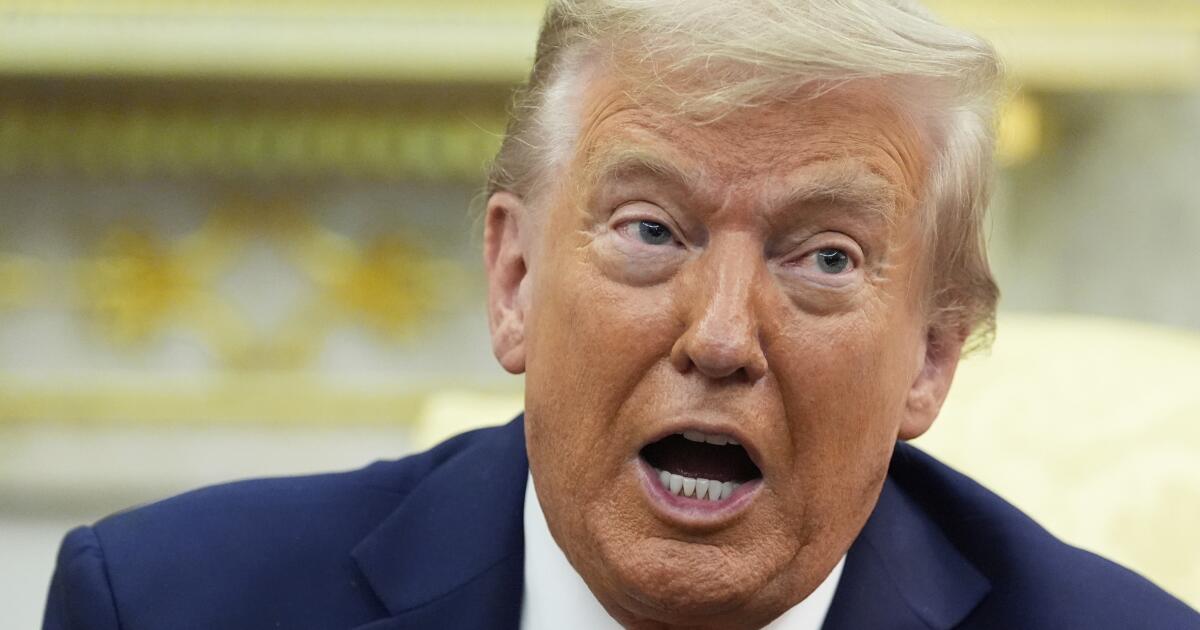The Supreme Court ended a tumultuous tenure with a final blow of the gavel on Monday. Decision on Donald Trump's request for immunity The exclusion of criminal charges precludes any possibility of his being tried on January 6 before the election, substantially guts the prosecution service and rewrites the Constitution to place the president singularly outside the reach of criminal law.
The opinion was even broader in its grant of presidential immunity than commentators anticipated after oral argument suggested the conservative majority was headed in that direction. And while it theoretically allows for prosecution of some of Trump’s pernicious and treasonous acts in the weeks after the 2020 election, it erects a series of legal hurdles and presumptions that make it anyone’s guess whether Trump will ever face accountability under impeachment.
The court’s key decision is that constitutional principles of separation of powers prohibit criminal prosecution of a former president for “official acts” that took place during his term, while allowing it for “unofficial” acts. The decision, which was passed by a vote of 6 to 3, followed the usual lines: the conservative majority continued its project of remaking the law and the structure of the federal government.
How to draw the line between official and unofficial conduct? The court offers several criteria that, while somewhat opaque, clearly protect areas of conduct that would strike almost anyone as corrupt and lawless, particularly much of what Trump undertook after the 2020 election.
For starters, the court prescribes absolute immunity for any exercise of “fundamental constitutional powers,” which include at a minimum the presidential powers enumerated in Article 2 of the Constitution, such as acting as commander-in-chief of the armed forces, granting pardons and appointing judges. A president who acts within these areas is untouchable.
Importantly, the court holds that this immunity precludes any consideration of motive. Thus, a president who, for example, grants a pardon in exchange for a bribe or fires an executive branch official because of racial animus is as protected under the law as someone who takes such action for proper and conventional reasons.
This could authorize some of the cruelest and most problematic presidential conduct. There is no apparent reason, for example, why it should not cover what Judge Florence Y. Pan of the U.S. Court of Appeals for the Washington, D.C., Circuit had considered a devastating hypothesis: a president’s use of Navy SEALs to assassinate a political rival. If the reason for a president to use the powers of commander in chief is outside the bounds of inquiry, such conduct is indistinguishable from a conventional military mission.
Motive is the soul of criminal law. It is what distinguishes conduct that society accepts from conduct for which we imprison people. The declaration that it has no role to play in determining the criminal responsibility of a president is almost tantamount to making him a king.
But the court's decision goes much further: It protects not only core constitutional functions but also any conduct that occurs within the outer perimeter of executive authority — the same broad standard that already applies to civil lawsuits over presidential conduct.
And while there is some debate on this point, the court appears to go even further by imposing a presumption of immunity for conduct outside that perimeter unless the government shows that a prosecution “would not pose dangers of intrusion on the authority and functions of the Executive Branch.”
U.S. District Judge Tanya Chutkan will have to figure out, to some extent, how all this will play out in the January 6 trial, as Trump challenges her every move throughout the proceedings. The court notes that distinguishing “the president’s official actions from unofficial ones can be difficult” and may require a “fact-specific” inquiry into the context of the actions (not including the president’s motive).
But the court drops some very strong hints about what aspects of the impeachment are excluded. Essentially, it says that Trump’s alleged efforts to make false claims of voter fraud in Georgia with the help of a Justice Department official are off-limits. That’s because the impeachment implicates the president’s official power to investigate and prosecute crimes.
The opinion also strongly suggests that the alleged plot to force Vice President Mike Pence to violate the Constitution may be protected because it concerns interactions between the two top executive branch officials.
And the court appears to want to give a free pass to Trump's incendiary rhetoric near the Capitol on January 6, on the grounds that communicating with the public is part of what the president does.
The only aspect of the indictment that the court appears willing to preserve is the alleged extensive effort to create fraudulent voter lists. Even then, however, the court prescribes a detailed investigation that puts the burden on special counsel Jack Smith’s team to rebut Trump’s argument that his conduct was official “because it was undertaken to ensure the integrity and proper administration of federal elections.”
Even if Trump loses the election and the case is allowed to continue beyond this year, a longer legal fight will be necessary. All aspects of the court's application of the opinion to the case could be appealed to the D.C. Circuit and the Supreme Court.
And where does all this fundamental reordering of our tripartite system of government and the principle—to which the court continues to pay lip service—that the president is not above the law come from?
The answer is none other than the court's view that the president should be able to take bold and forceful action without worrying about subsequent criminal prosecution. The justices are not, strictly speaking, interpreting any provision of the Constitution, but rather applying their notion of what makes an effective president. The conservative majority is basically grafting its political science principles onto the constitutional structure and using them to override the principle of equality before the law.
The majority rejects the liberal dissenters’ insistence that the decision puts the president above the law, saying it amounts to “ignoring the Constitution’s separation of powers and the Court’s precedent and instead generating fear based on extreme hypotheses about a future in which the president ‘feels empowered to violate a federal criminal statute.’”
But there is nothing alarmist, unrealistic or extreme about these concerns. They speak to a reality that is before the eyes of the judges. They have chosen to ignore it, ensuring that justice for the most serious attack on the Constitution in our history will be long delayed and largely denied.
Harry Litman is the host of the show Podcast “Talking to the Feds” and the “Speaking of San Diego” Speaker series. @harrylitman

